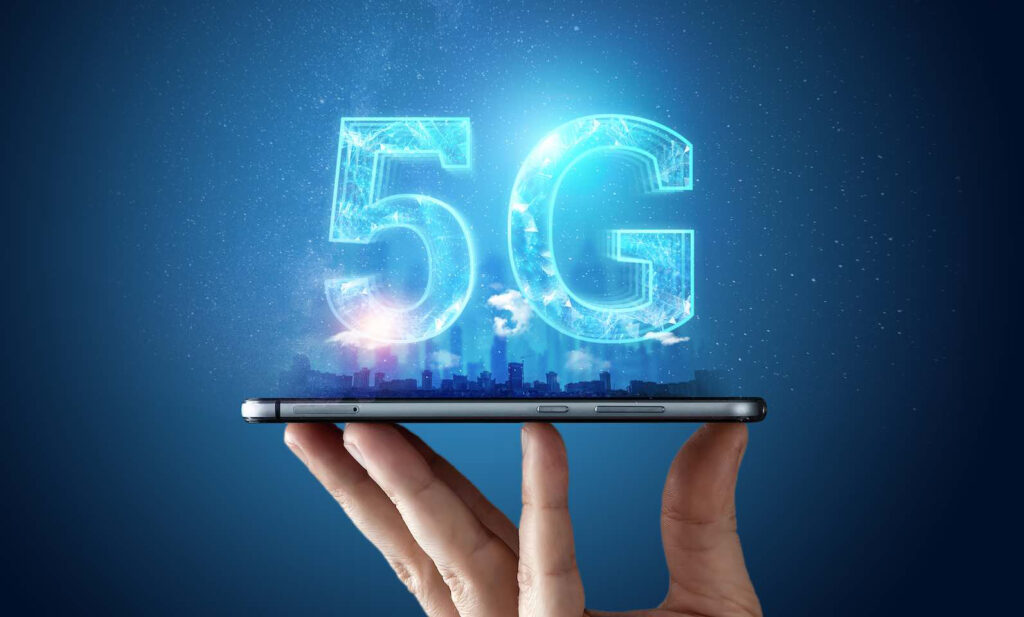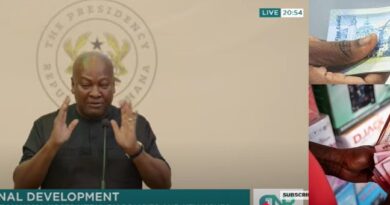Ghana Draws the Line: 5G Must Launch by December

It’s been a long road filled with promises, pivots, and patience. But now, Ghana’s government has issued its clearest ultimatum yet: the country’s 5G rollout must go live by December 2025. No more extensions. No more shifting timelines. The infrastructure must be in place—and the service must be active.
The statement, made by Communications Minister Samuel Nartey George and reported on August 1st, reflects mounting urgency. The minister’s tone was unmistakable: this is the final deadline. And if the Next Generation Infrastructure Company (NGIC)—the group tasked with building Ghana’s 5G network—fails to deliver, it could lose its exclusive mandate.

After repeated setbacks, Ghana’s 5G ambitions face a hard deadline.
It wasn’t supposed to take this long. Ghana first laid out its 5G strategy in 2023, aiming to sidestep the expensive spectrum auctions used in other countries by introducing a shared infrastructure model through NGIC. The vision was progressive: roll out both 4G and 5G, make data cheaper, and allow multiple providers to plug into a neutral network.
But the plan stumbled. Initial launch projections for late 2024 were missed. January 2025 came and went. Then June. Each new deadline brought fresh doubts about the project’s viability. Meanwhile, regional peers like Nigeria and South Africa were already making 5G a reality.
The minister’s latest declaration aims to break that cycle. By year’s end, at least 50 fully operational 5G sites must be live in Accra, Kumasi, and other key locations. NGIC has reportedly set up 16 sites so far and secured green lights from the National Communications Authority—but that’s not enough. The pressure is on to scale up.
This isn’t just about faster downloads or streaming in 4K. For Ghana, 5G is critical infrastructure. It underpins ambitions around smart cities, automated transport, AI-powered healthcare, and digital banking. In a country where mobile technology plays a key role in economic life, high-speed connectivity could redefine how people live, work, and do business.
And with Ghana already positioning itself as a fintech leader—backed by initiatives from the Bank of Ghana and the long-standing ICT4AD framework—the lack of 5G is beginning to look like a missing puzzle piece. The promise is there. The technology exists. What’s needed now is execution.
The consequences won’t just be political embarrassment. The government has hinted that NGIC’s operating terms could be restructured—or even revoked—if the rollout stalls again. The shared infrastructure model, hailed as a bold alternative to private-sector dominance, could face reevaluation.
Whether this December deadline is different remains to be seen—but the tone has shifted. This time, the message isn’t about vision. It’s about accountability.



